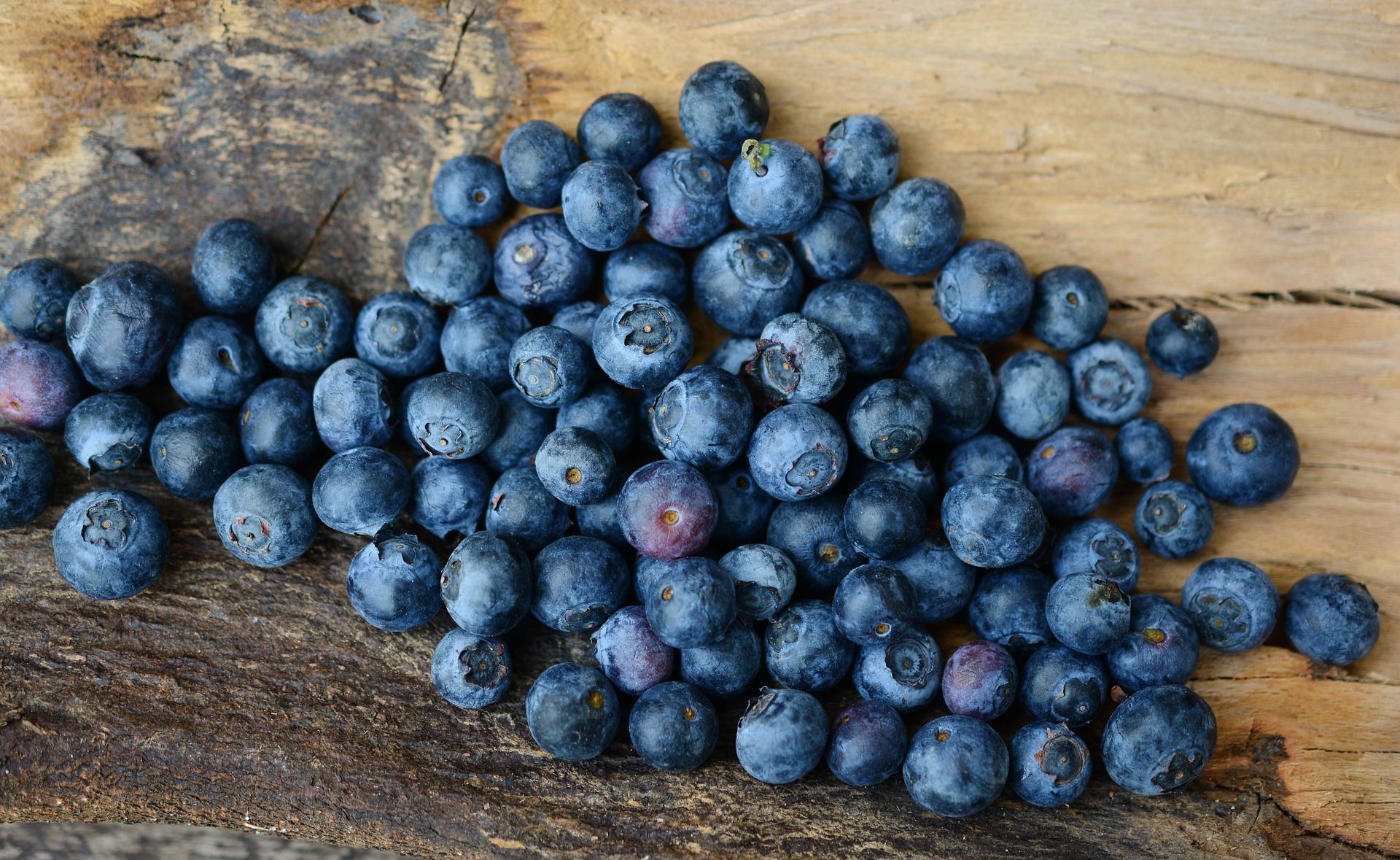Blueberries are sweet, nutritious and wildly popular. Often labelled a "superfood," they are low in calories and incredibly good for you.
They are so tasty and convenient that many people consider them to be their favorite fruit.
Here are 3 health benefits of blueberries that are supported by research.
Blueberries are low in calories, but high in nutrients
The blueberry is a flowering shrub that produces berries that are colored blue to purple, also known as blueberries.
It is strongly related to similar shrubs, such as those that produce cranberries and huckleberries.

Blueberries are small, around 5-16 millimeters (0.2-0.6 inches) in diameter, and have a flared crown at the end.
They are green in color at first, then change to blue-purple as they ripen. These are the two most common types:
- Highbush blueberries are the most commonly grown species in the US.
- Lowbush blueberries are often referred to as "wild" blueberries. They are typically smaller and richer in some antioxidants.
Blueberries are among the most nutrient dense berries. A 1 cup serving (148 grams) of blueberries contains:
- Fiber: 4 grams.
- Vitamin C: 24% of the RDA.
- Vitamin K: 36% of the RDA.
- Manganese: 25% of the RDA.
- Then it contains small amounts of various other nutrients.
They are also about 85% water, and an entire cup contains only 84 calories, with 15 grams of carbohydrates.
Calorie for calorie, this makes them an excellent source of several important nutrients.
The blueberry is a very popular berry. It is low in calories, but high in fiber, vitamin C and vitamin K.
Blueberries are the king of antioxidant foods
Antioxidants are important.
They protect our bodies from damage by free radicals, unstable molecules that can damage cellular structures and contribute to aging and diseases like cancer.
Blueberries are believed to contain the highest antioxidant capacity of ALL commonly consumed fruits and vegetables.

The main antioxidant compounds in blueberries belong to a large family of polyphenols, called flavonoids.
One group of flavonoids in particular, anthocyanins, is thought to be responsible for much of the beneficial health effects.
They have been shown to directly increase antioxidant levels inside the body.
Blueberries have the highest antioxidant capacity of all commonly consumed fruits and vegetables. Flavonoids appear to be the major antioxidant compounds.
Blueberries protect cholesterol in the blood from becoming damaged
Oxidative damage is not limited to our cells and DNA.
It is also problematic when our circulating LDL lipoproteins (the "bad" cholesterol) are oxidized. In fact, oxidation of LDL is a crucial step in the heart disease process.

Fortunately for us, the antioxidants in blueberries are strongly linked to reduced levels of oxidized LDL.
A daily 50 gram serving of blueberries lowered LDL oxidation by 27% in obese participants, after a period of eight weeks.
Another study showed that 75 grams of blueberries with a main meal significantly reduced the oxidation of LDL lipoproteins.
The antioxidants in blueberries have been shown to protect LDL lipoproteins (the "bad" cholesterol) from oxidative damage, a crucial step in the pathway towards heart disease.
